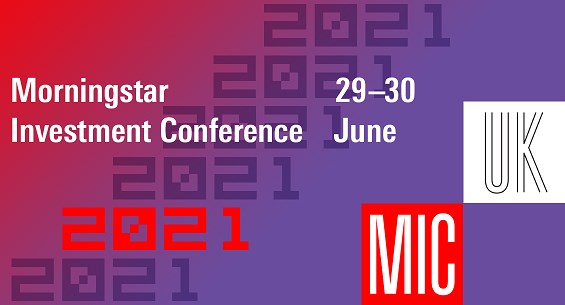Andy Pettit: Hi, I'm Andy Pettit, and I'm joined by Holly Black Morningstar's Editorial Manager. Holly, you're just fresh from the conference session about assessments of value. So these are yet more documentation for investors to consume. Is it worthwhile? And should they be interested?
Holly Black: Yes, yes, yes and yes. I do think they're worthwhile. And I actually think if we made value assessments available at the point of purchase, and investors probably are lot more likely to read that than they are a (indiscernible). And with good examples, it could actually be a lot more useful to them.
Pettit: That makes a lot of sense. So you, referred to some of the good examples, what sort of things makes them good.
Black: So in the session, we looked at some good, some bad, some ugly. Rathbones was one of the ones I particularly liked, because they use a lot of pound and pence examples and where they've moved people from a legacy share class to a cheaper share class, it really spelled out what the annual savings of that were going to be if you invested GBP1,000. And another example they used I like was a comparison of a fund against a U.K. bank account, which some people in the investment industry might go, ah, that's not a fair comparison. Actually, for a retail investor, I think that could be a legitimate choice. Do I invest in this fund? Or do I not bother and just put my money in the bank instead? The other things I really liked to see were really visual reports with lots of charts and graphics. So you could just take a look at it and get the gist of what was happening there. And whether something was good value without having to sit down with a big tome and dedicate hours to reading it.
Pettit: That's great to hear. And you also mentioned some of the other benefits people being moved to cheaper share classes, some fee reductions, some closure report funds. Does that mean all the low hanging fruit has been picked or is there a continuous improvement to come?
Black: I think we will see better things in the coming years. I particularly felt for the companies that had to report first last year, because the FCA wasn't prescriptive, so they didn't necessarily know what to do. But also, I wonder if those firms were maybe hanging back from calling out funds that perhaps aren't the best value, because they were concerned that they might be the only fund group to stick their head over the parapet. Now we have seen some fund groups make those changes and hold their heads up and say, yeah, we're going to close this share class or we're going to close this fund entirely. I'm hoping that will encourage other fund firms to take a harder look and maybe be a harsher critic on their own fund range.
Pettit: That would be a great outcome. Thank you very much. And thank you for watching.



























